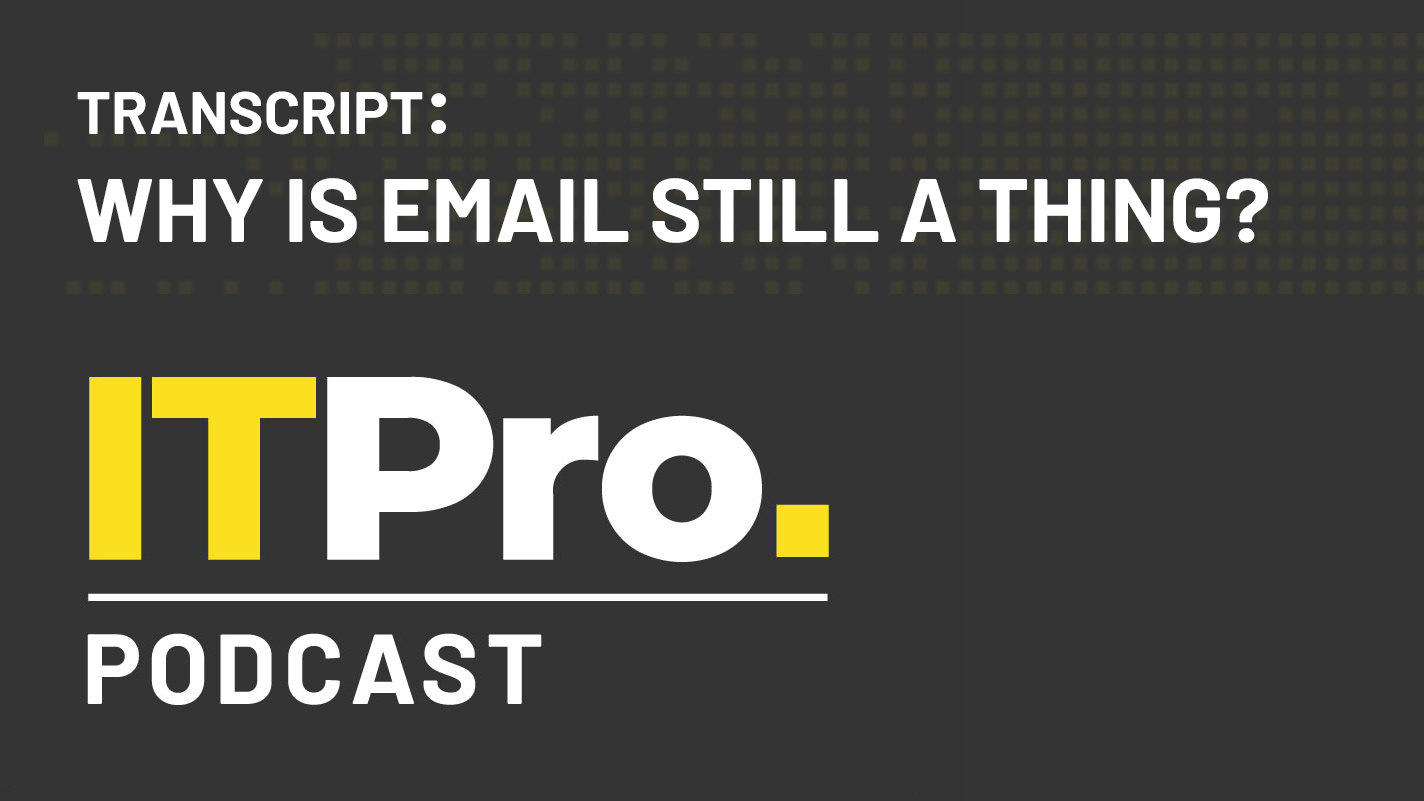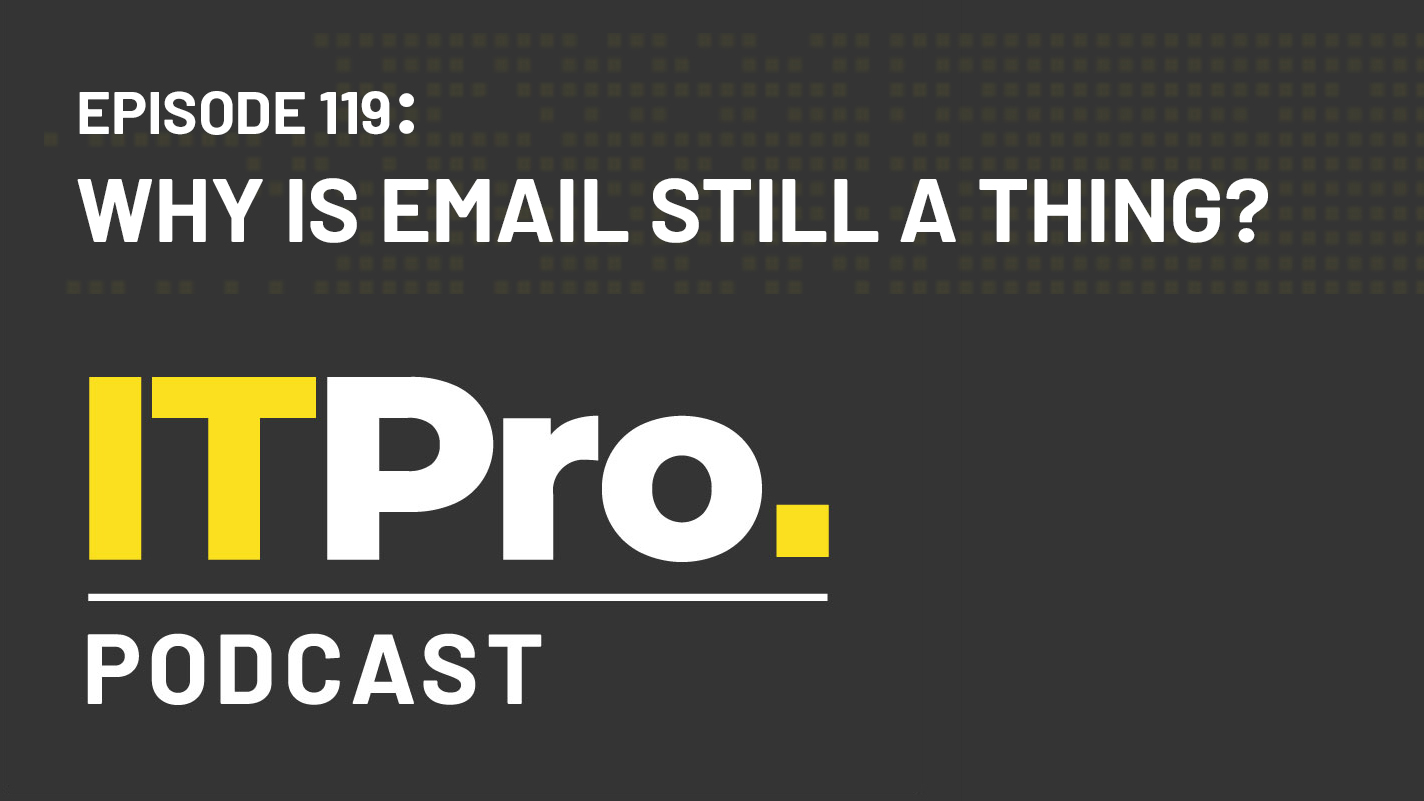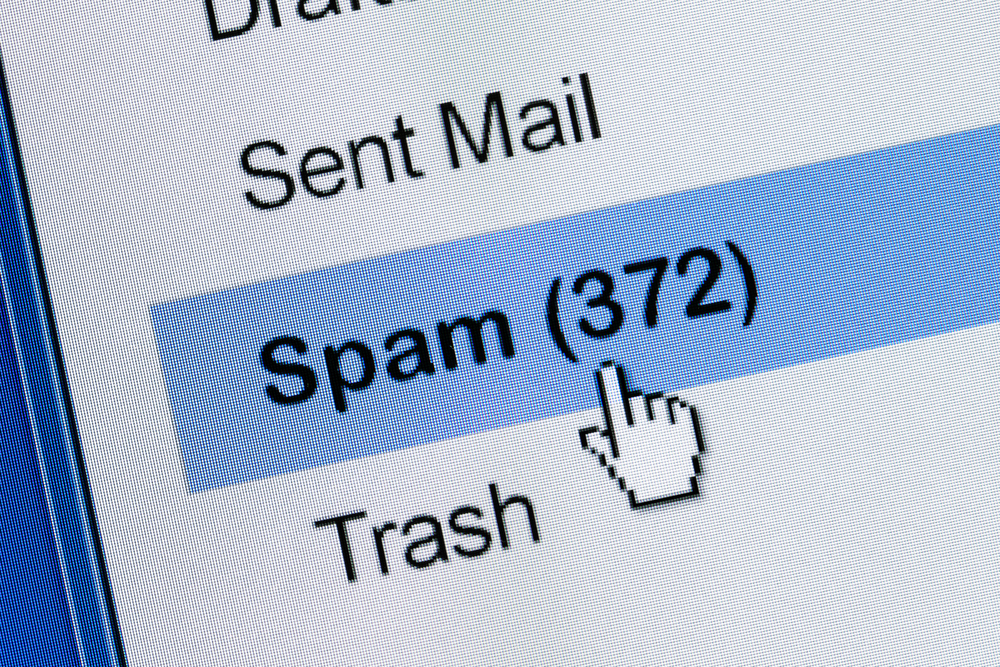Australian spammer fined millions for 280 million emails
An Australian court has fined a spammer A$5.5 million (£2.23 million) for sending over 280 million spam emails.

Sign up today and you will receive a free copy of our Future Focus 2025 report - the leading guidance on AI, cybersecurity and other IT challenges as per 700+ senior executives
You are now subscribed
Your newsletter sign-up was successful
An Australian court has fined an East Perth-based business seminar promoter Wayne Robert Mansfield, A$5.5 million (2.23 million) for sending unsolicited emails, under Australia's new Spam Act 2003. He is the first to be prosecuted under the new law.
Federal Court Justice Robert Nicholson fined Mr Mansfield, for sending around 280 million spam emails of which at least 231 million commercial emails were sent in the twelve months after the Spam Act 2003 commenced in April 2004, with most of these messages unsolicited and in breach of the Act. His company Clarity1 Pty Ltd has also has been banned from sending any unsolicited emails.
The Australian Communications and Media Authority (ACMA) case revolved around millions of messages sent via numerous different offshore IP addresses.
Among its defences, Clarity1 claimed it operated on behalf of charities, that the email addresses it used had been "harvested" prior to the introduction of the Spam Act, that it had business relationships with recipients and that the email recipients had consented to receiving the emails.
Justice Nicholson said in April: "First, the mere fact that Clarity1 sent a CEM (commercial electronic message) to an electronic address and did not receive a response from the recipient does not provide a proper foundation for an inference of consent. From that factual foundation, no such inference is logically open.
"Second, even less so is such inference likely to be open where the entire relationship between Clarity1 and the recipient is constituted in the absence of bilateral communication. There are no circumstances in such a case from which an inference can be drawn."
'Spam causes significant inconvenience to individuals and businesses: disrupts email delivery, clogs up computer systems, reduces productivity, wastes time, irritates users and raises the cost of internet access fees.' said Mr Chris Chapman, ACMA Chairman. 'ACMA's action in this case underscores its vigilant approach to the enforcement of the Spam Act and combating spam.'
Sign up today and you will receive a free copy of our Future Focus 2025 report - the leading guidance on AI, cybersecurity and other IT challenges as per 700+ senior executives
-
 ITPro Best of Show NAB 2026 awards now open for entries
ITPro Best of Show NAB 2026 awards now open for entriesThe awards are a fantastic opportunity for companies to stand out at one of the industry's most attended shows
-
 Mistral CEO Arthur Mensch thinks 50% of SaaS solutions could be supplanted by AI
Mistral CEO Arthur Mensch thinks 50% of SaaS solutions could be supplanted by AINews Mensch’s comments come amidst rising concerns about the impact of AI on traditional software
-
 Podcast transcript: Why is email still a thing?
Podcast transcript: Why is email still a thing?IT Pro Podcast Read the full transcript for this episode of the IT Pro Podcast
-
 The IT Pro Podcast: Why is email still a thing?
The IT Pro Podcast: Why is email still a thing?IT Pro Podcast Despite a proliferation of newer collaboration platforms, email stubbornly refuses to go away
-
 Cisco patches bug that could break its email security service with a single message
Cisco patches bug that could break its email security service with a single messageNews A carefully crafted email could freeze Cisco's Email Security Appliance interface and stop it processing messages
-
 Google targets phishing with full BIMI email logo authentication support
Google targets phishing with full BIMI email logo authentication supportNews Gmail will tie logos to DMARC authentication
-
 How to sign off an email professionally
How to sign off an email professionallyTutorials Your email signoff can make or break your business’ communication
-
 Flash flooding takes down TalkTalk web services
Flash flooding takes down TalkTalk web servicesNews Midlands floods leave customers angry at TalkTalk outage
-
 Outlook and Hotmail email accounts hit by spam attack
Outlook and Hotmail email accounts hit by spam attackNews Users were bombarded by spam emails apparently because Microsoft's spam filters weren't working properly
-
 Google pulls April Fools' Day prank after barrage of complaints
Google pulls April Fools' Day prank after barrage of complaintsNews Many users accidentally pressed the 'Send + Mic Drop' button in emails to bosses and business contacts